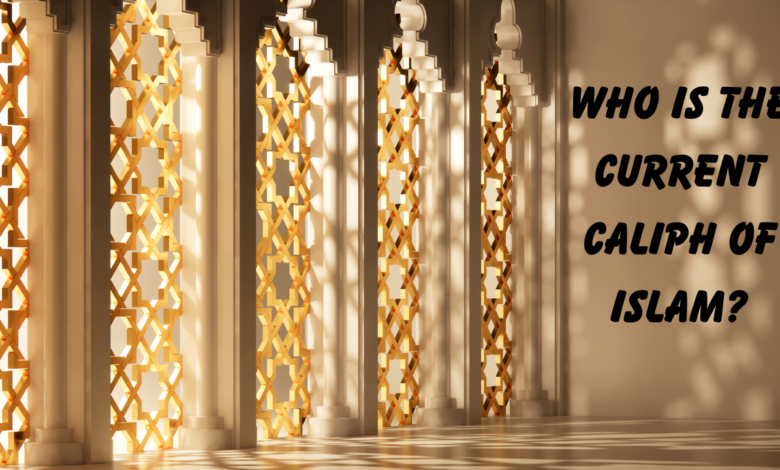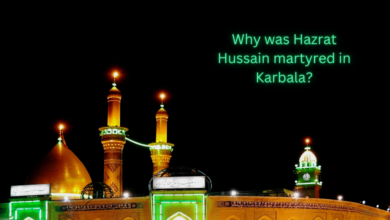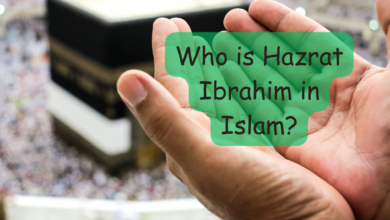Who is the current Caliph of Islam?

Introduction
The concept of the Caliphate in Islam holds a significant place in the hearts and minds of Muslims around the world. It represents not only a religious and political authority but also a symbol of unity and leadership. Historically, the Caliphate served as the leadership structure for the Muslim community, embodying the teachings of Islam and guiding its followers.
The Historical Significance of the Caliphate
The Caliphate emerged in the aftermath of the passing of the Prophet Muhammad, the founder of Islam, in 632 CE. The first Caliph, Abu Bakr, was selected to lead the nascent Muslim community. The Caliphate evolved over time, serving as both a political and religious institution that governed the affairs of the Muslim world. The Caliph was seen as a spiritual leader, responsible for upholding Islamic teachings and guiding the Muslim community in matters of faith and practice. This religious authority was intertwined with political leadership, creating a unique form of governance that straddled the realms of spirituality and administration.
Challenges to the Unity of the Caliphate
The historical unity of the Caliphate began to erode over time, with divisions and schisms emerging within the Muslim community. The most significant divide occurred between Sunni and Shia Muslims, stemming from differing opinions on who should lead the community after the Prophet’s death. Sunnis believe that the Caliph should be chosen based on consensus or election, while Shias believe in a hereditary leadership line through the descendants of Prophet Muhammad.
This division, along with subsequent sectarian conflicts and geopolitical dynamics, has made the reestablishment of a unified Caliphate difficult. In recent history, various extremist groups, such as ISIS, have attempted to claim the mantle of the Caliphate, further complicating the situation. These groups have been widely rejected by the global Muslim community due to their violent and distorted interpretations of Islam.
Conclusion
The concept of the Caliphate remains a potent symbol of unity and leadership in the Islamic world, reflecting a historical era of unity and spiritual guidance. However, the challenges posed by historical divisions, political conflicts, and sectarianism have made the establishment of a universally recognized Caliphate a complex and contentious endeavor. As Muslims strive to uphold the values and teachings of Islam, they also grapple with the complexities of forging unity in a diverse and interconnected global community. The quest for a modern Caliphate is a reflection of this ongoing struggle, one that highlights the intricate interplay between religion, politics, and cultural diversity.






